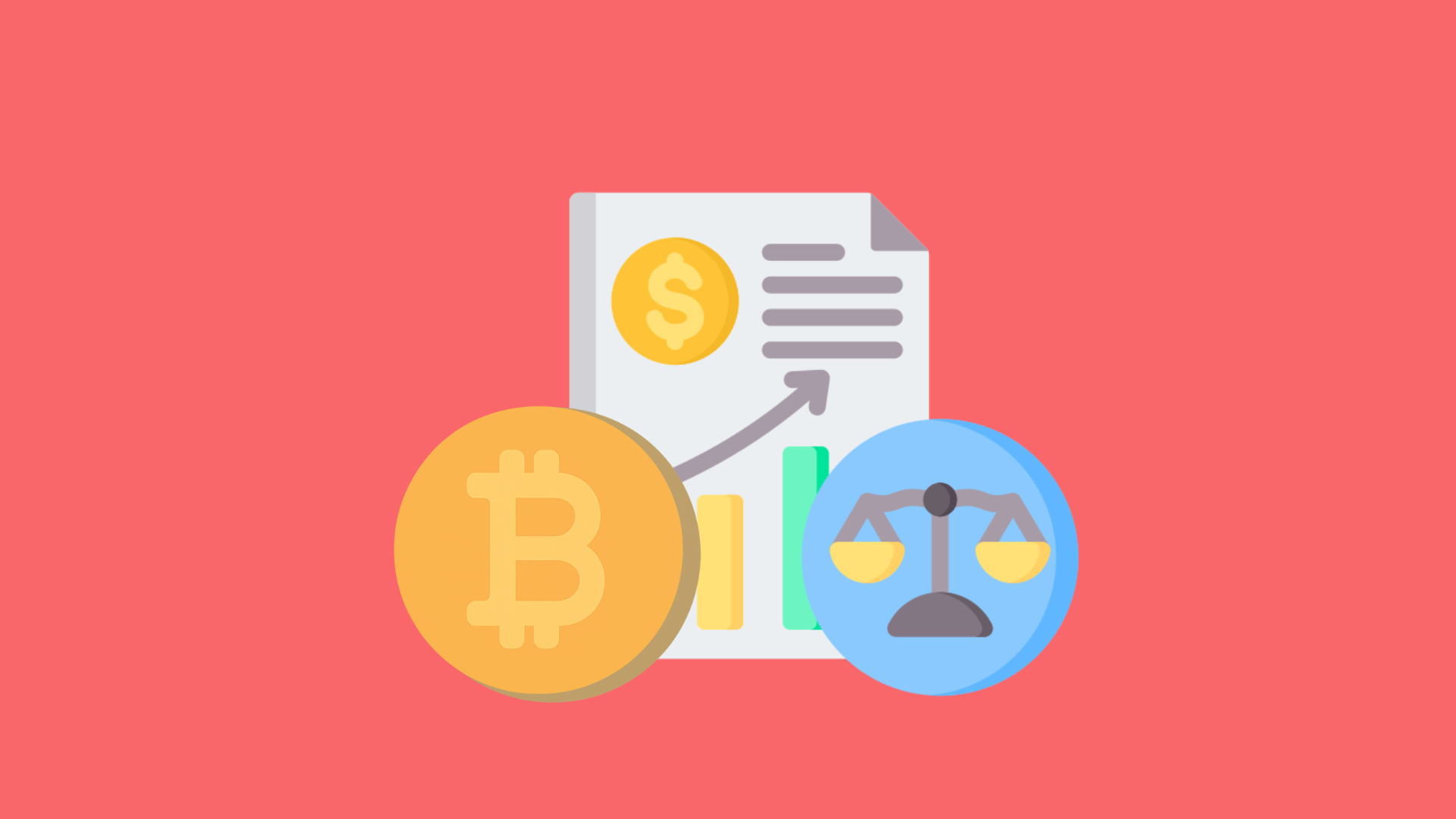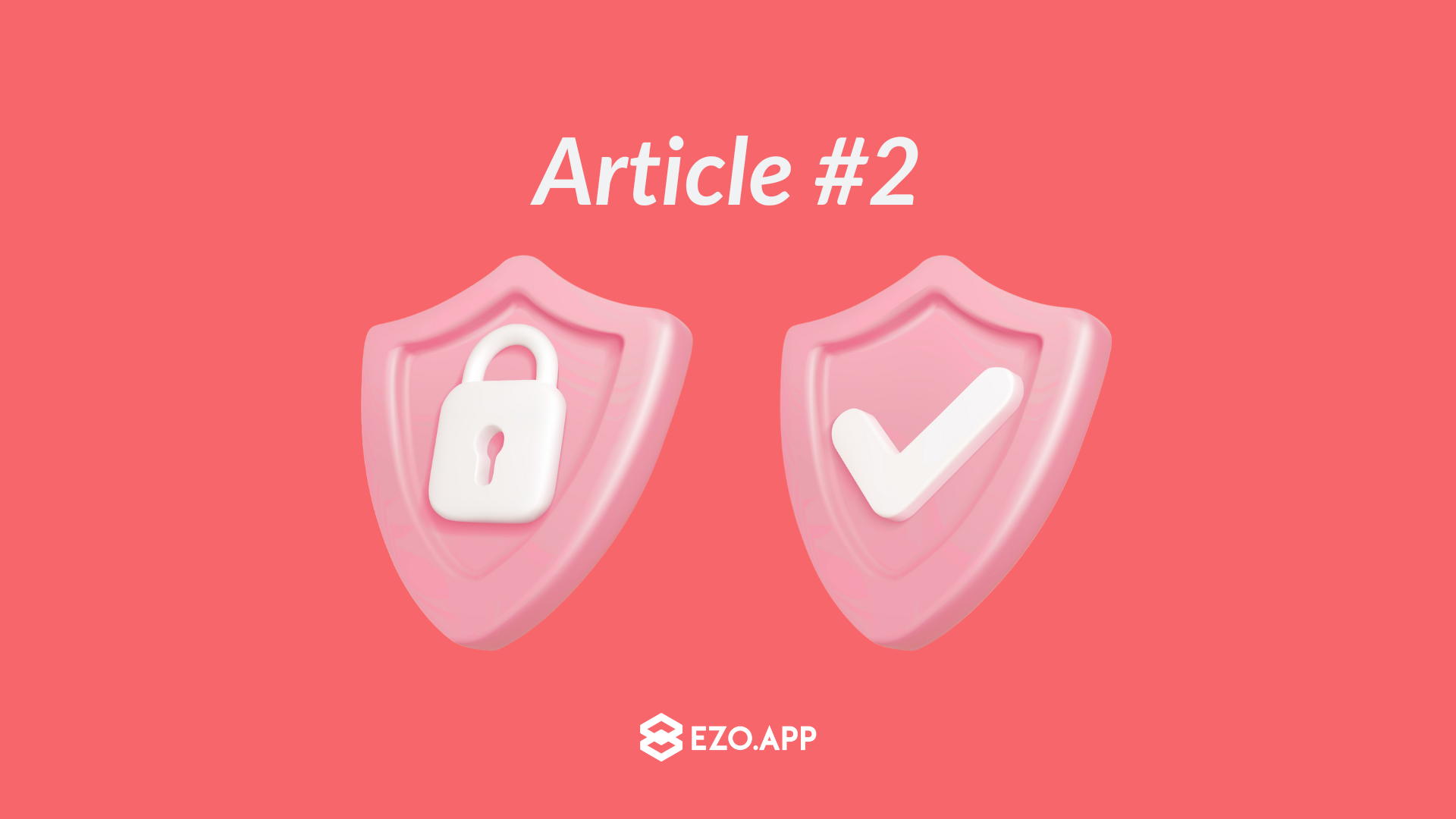Bitcoin on the Balance Sheet: Strategic Reserves for the Digital Era
More institutions are embracing Bitcoin—but why are traditional companies with no ties to crypto adding it to their balance sheets? Explore the surprising reasons behind this growing trend.

Bitcoin is steadily gaining recognition as a mainstream asset, with a growing number of companies incorporating it into their balance sheets. This article examines the broader context driving corporate adoption of bitcoin and explores the reasons why one may find bitcoin exposure to be particularly interesting in the age of digitalization and monetary debasement.
In Sum
- More and more companies with no relation to finance are purchasing bitcoin, which helps protect corporate reserves from inflation and fiat currency devaluation, as demonstrated by MicroStrategy’s long-term strategy.
- It allows companies to diversify their balance sheets and gain cross-border financial resilience, reducing dependence on local economic conditions.
- Holding bitcoin signals innovation and forward-thinking, which can attract like-minded investors and enhance market perception.
- EZO’s OTC Desk enables cryptocurrency purchases, sales and swaps at market rate, with no spread and at transparent fees.
Looking Back
The first prominent company to add bitcoin to their corporate balance sheet, MicroStrategy was initiating a strategy change to maximize their shareholders’ long-term value amidst the economic and public health crisis of COVID-19. CEO Michael J. Saylor believed that bitcoin’s fixed supply would preserve value in an environment where fiat currencies were increasingly facing devaluation due to political and economic instability in 2020. For him, bitcoin had greater potential for long-term appreciation compared to holding cash reserves. To this day, Saylor remains a vocal crypto advocate, constantly hinting at bitcoin purchases online.
MicroStrategy, now known as Strategy, remains the top public corporate holder of bitcoin at the time of writing, significantly surpassing the companies who have followed its lead by adding bitcoin to their own balance sheet.
Bitcoin as a Strategic Treasury Asset
An increasing number of companies are integrating bitcoin into their treasury reserve strategies—not just crypto-native firms like Mogo, which launched Canada’s first Bitcoin account, but also traditional businesses with no direct ties to the digital asset space, such as K Wave Media.
According to Bitcoin Magazine Pro, 65 publicly traded companies hold over 100 BTC, for a total of 870,968 BTC worth 102.935 billion in USD. While large publicly-traded companies are the ones prominently adding crypto on their balance sheets, small and midsize enterprises can also benefit from digital asset exposure, by allocating even a small percentage of their treasury to bitcoin.
What strategic roles does bitcoin play specifically on a corporate balance sheet?
A Hedge Against the Devaluation of Fiat Currencies
As traditional savings accounts’ interest rates are being outpaced by inflation, there is a growing need to counteract the erosion of internal funds cash reserves due to currency devaluation. Many see bitcoin as “digital gold”, or as an alternative reserve asset that is immune to inflationary supply expansion. Bitcoin offers the advantage of being portable, as a digital asset, compared to gold, in an increasingly tech-driven digital economy.
Even more, MicroStrategy’s Michael J. Saylor, who made bitcoin the enterprise software giant’s primary treasury asset, views it as a superior store of value than fiat, which additionally combines the liquidity cash allows for with cryptocurrency’s independence from outside manipulation. This removes reliance on any one country’s monetary policy to perform well.
Indeed, while bitcoin offers a hedge against currency debasement due to its fixed supply of 21 million, this idea remains theoretical rather than practical. The volatility of crypto does little against short-term inflation, and may even translate into losses.
Over the long term, bitcoin has generally retained or increased its value relative to fiat currencies, which tend to lose purchasing power due to inflation. However, Bitcoin’s high volatility and regulatory uncertainties mean it is not without risks as a long-term store of value.
An Investment
Given bitcoin's impressive growth over the years, it can also be viewed as an investment vehicle capable of delivering substantial returns—especially for those who buy and sell at opportune moments.
Meitu, a Chinese photo technology company listed on the Hong Kong Stock Exchange, had acquired $100 million USD worth of bitcoin and ether in 2021 and onwards before selling all of it in late 2024, right before bitcoin reached a historic price of $100,000 USD. In total, Meitu made $79.63 million USD in gains, 80% of which will serve to pay shareholder dividends as announced by the company. On the other hand, Tesla is reported to have upwards of $756 million in unrealized profits from its bitcoin holdings.
Despite this, it remains true for both cryptocurrency and traditional investments that no one can time the market, with cryptocurrency being especially volatile. Bitcoin supports both defensive and offensive investment strategies. Defensive strategies aim to preserve capital and hedge against risks like inflation or currency devaluation, while offensive strategies seek to capitalize on bitcoin's high-growth potential.
A Symbol of Innovation and Tech-Forward Thinking
A company that embraces bitcoin is seen as forward-thinking, tech-savvy and aligned with the future of finance. Holding bitcoin as a treasury asset sends a message—that a company is open to innovation and opportunities for financial evolution. That may very well differentiate a company from its peers within a competitive industry.
Block, Inc., previously known as Square, Inc., invests in bitcoin as part of a broader mission to support the digital economy and decentralized finance, as well as a way to integrate cryptocurrency as part of their business offerings.
In addition to strategic considerations, corporate exposure to bitcoin can also heighten market interest. Following Mogo’s announcement of a $50 million allocation to bitcoin as part of its long-term capital preservation and product innovation strategy, the company’s share price surged by an impressive 112.4%.
Signalling a company’s commitment to innovation helps attract like-minded shareholders, offering them exposure to bitcoin and potentially drawing in new clients aligned with this forward-thinking vision.
A concern that could arise from publicly embracing such an emblem of technological innovation and tying corporate fortune too closely to the price of bitcoin is that it could distract from core business performance. The Financial Times argue that MicroStrategy, which owns close to 600,000 BTC, has essentially become something like a bitcoin ETF—even if it remains a software firm.
A Way to Diversify
Allocating a percentage of reserves to bitcoin allows in theory for greater diversification of balance sheet assets, which enables a company to navigate a range of economic conditions and weather different storms. Diversification of assets ensures higher long-term returns by lowering the risk associated with any one asset or stock. Holding bitcoin can help offset a weakening dollar, enhancing a portfolio's resilience. In times when fiat currencies or equities decline, assets like bitcoin and gold often retain or increase in value, serving as hedges against broader market downturns.
It additionally serves to reduce overreliance on any single currency or instrument, and, as bitcoin becomes more integrated into everyday life, it provides exposure to an expanding digital economy.
Bitcoin also offers geopolitical diversification. Since it operates across borders, it isn’t dependent on any one country’s economy or banking system. This can be useful for multinational companies managing currency and country risks. For example, during regional banking issues or capital controls, bitcoin allows value to be moved without relying on local banks, which may be limited or restricted.
EZO
EZO operates a fully licensed OTC Desk in Canada, where our clients can buy, sell or swap cryptoassets including bitcoin with direct support from our team.
We conduct activities in full regulatory compliance—EZO is registered as a money services business with FINTRAC (#C100000157) and Revenu Québec (#18845), and is listed as a payment service provider with the Bank of Canada.
Buy bitcoin with EZO at the best price, at market rate, with no spread and at transparent fees for your corporate balance sheet. Whether you’re acquiring bitcoin to hedge against currency devaluation, diversify your corporate treasury, signal innovation or invest in a digital asset with long-term potential, EZO offers market-rate pricing with no hidden spreads and straightforward, competitive fees.
Our OTC services are designed for individuals and businesses of all experience levels. Whether you are a seasoned investor or just exploring cryptocurrency for the first time, our team is here to guide you every step of the way.
From setting up and securing a non-custodial wallet to executing your first trade, our team has years of experience in crypto and can assist you. Gaining crypto exposure is simple and secure with our OTC desk, built to handle large transactions. If you're considering buying bitcoin or other cryptoassets for your corporate balance sheet, EZO is the trusted partner to make that journey clear.
Book a meeting with us or contact us on Telegram to get started.
Frequently Asked Questions
Why would a company add bitcoin to its balance sheet?
Companies add bitcoin to hedge against fiat currency inflation, diversify treasury assets and potentially benefit from long-term price appreciation. It also signals innovation and a forward-looking financial strategy.
What are the risks of holding bitcoin as a corporate asset?
Key risks include price volatility, regulatory uncertainty and potential distraction from core business operations if bitcoin holdings become a dominant focus for stakeholders and the market. Creating an efficient security set up with cold storage can also be complex, but EZO is available to help.
What makes bitcoin attractive compared to other hedges like gold?
Bitcoin’s digital nature, fixed supply, portability and independence from central banks make it appealing as a modern alternative to gold, especially in a tech-driven and increasingly digital economy.









